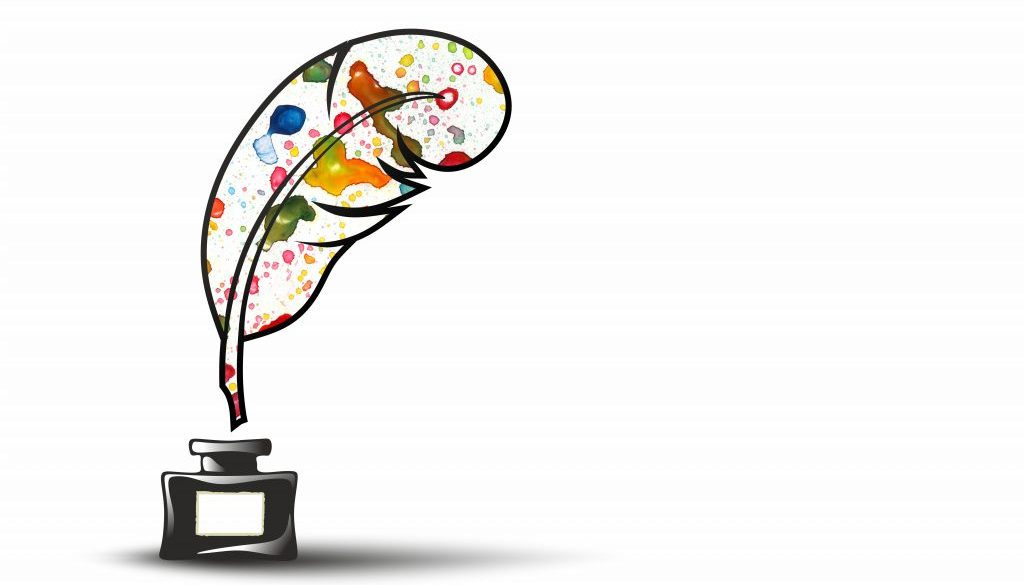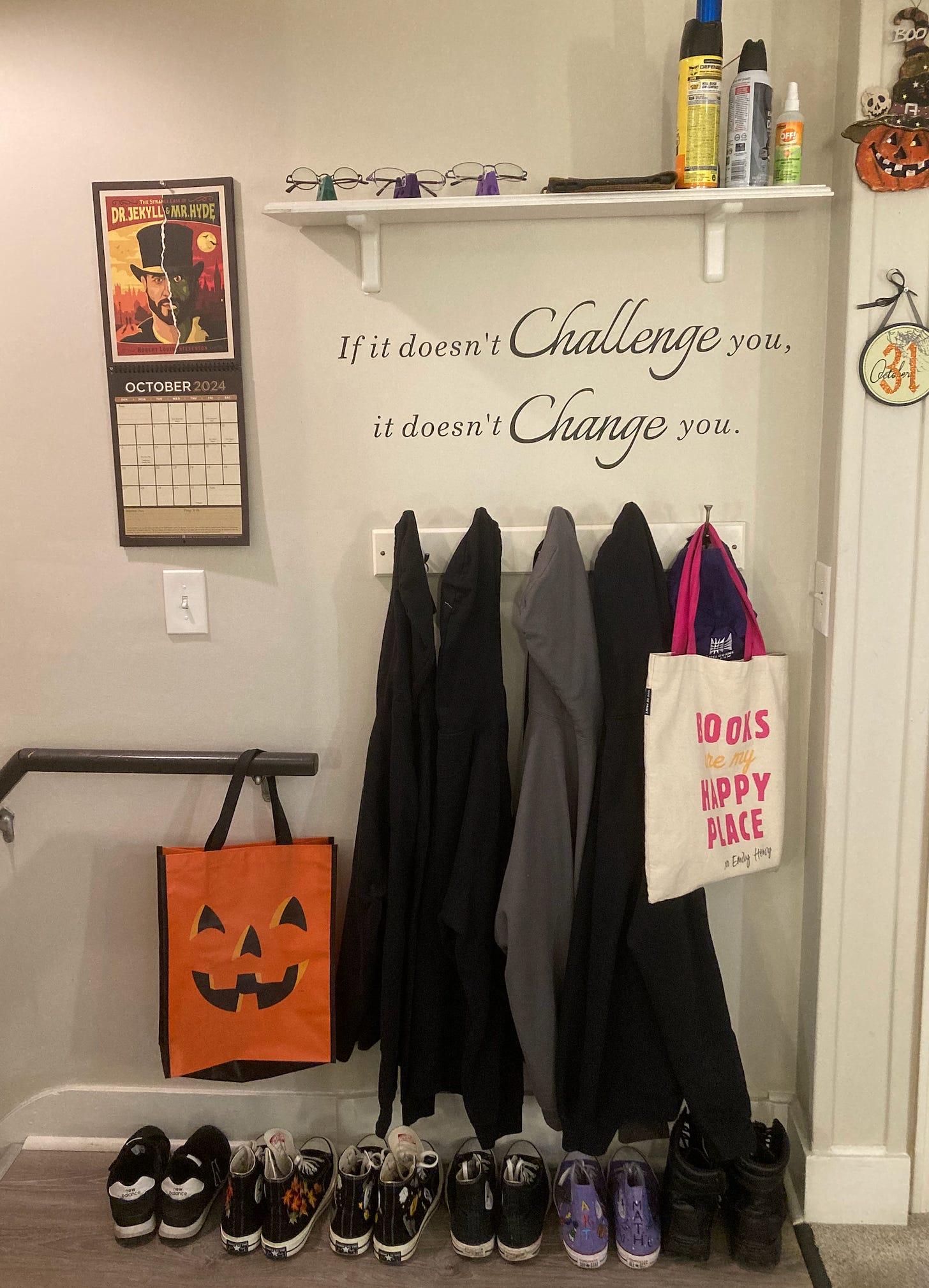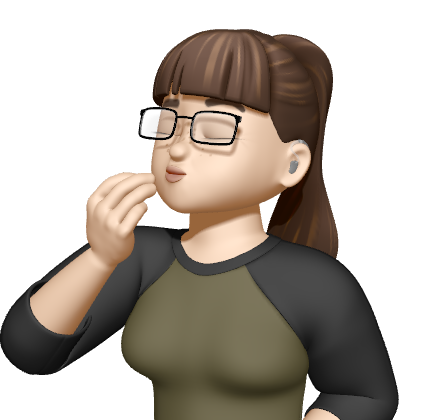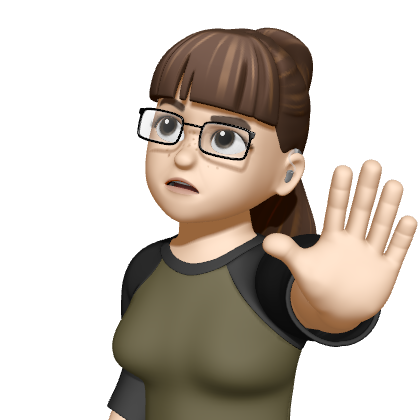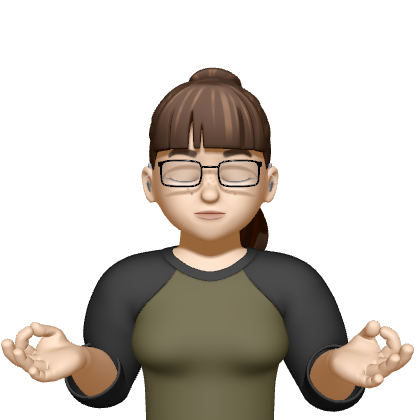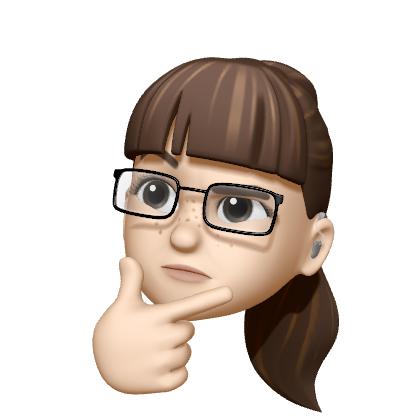Advisory About Comments
I need all my time, energy, and attention during the week to focus on my new job. Comments were only open over the long weekend and are now closed. This will be the usual pattern—whatever I publish during the week will be comments-closed until after work on Friday until the evening before I go back to work.
I apologize for the annoyance, but this is really helping me function better in my new job, which has to be my priority. Thanks for understanding.
My apartment is most of the top floor of an old Victorian farmhouse. My front door opens to a flight of New England Death Trap stairs, at the top of which is a small area without carpet.
I wear reading glasses the majority of the time I’m awake, but when I leave the apartment I switch to distance glasses, especially if I’m going to drive.
At present, I have three pairs of distance glasses. I bought little cheese-wedge-shaped holders for them.
One pair has round, black frames, like Harry Potter’s glasses. One pair is rectangular with light purple browline frames, and one pair is rectangular with light blue browline frames.
The glasses I like best, and that I think look best on me, are rectangular with black frames, which is why I chose them for my Memoji. The next time I get new glasses, I will get distance glasses as well as reading glasses in that style.
The Memoji is an Apple/iPhone thing, where you can create a cartoon character to resemble yourself. They offer a wide variety of options, both for individual looks and for emotional states that the Memoji can express.
The glasses I choose when I leave the house are entirely dependent on my mood. I’ve noticed that I tend to choose the Harry Potter glasses when I want to hide or avoid human interaction and just carry out necessary errands, the purple ones when I’m going somewhere to be social, and the blue ones when I go out to draw, write, or otherwise be creative.
Lately I’ve been thinking about choosing glasses in another sense, especially as related to my negativity bias.
What Is Negativity Bias?
Negativity bias refers to the psychological tendency to give more weight to negative experiences, events, or stimuli than positive or neutral ones. It’s especially common in people who have been through trauma or difficult life experiences, as they often become more attuned to potential threats.
Negativity bias can lead to focusing on negative events, interpreting neutral situations as negative, or recalling negative experiences more vividly. It is easy to confuse negativity bias with a related concept, that of salience bias. But salience bias refers to how certain things stand out more in general, whereas negativity bias specifically highlights how, for the individuals who evidence it, negative information disproportionately captures attention and impacts decision-making.
Acceptance Is Key To Overcoming Bias
Overcoming bias, of any kind, isn’t easy. And it starts by admitting that you have it.
I have negativity bias.
In my case, it seems to be related mostly to my PTSD hypervigilance, where it pops up, but in any given situation it can be very difficult for me to differentiate negativity bias from reasonable caution.
This is a lot trickier than it may seem at first, and the line is absolutely a dynamic one.
What does that mean? Well, in my case a certain amount of hypervigilance makes sense. I live alone, and I’m deaf.
Imagine that you were in charge of assessing a situation and saying that someone did or did not need to get professional help for a thing. How many times would someone need to, for example, feel compelled to double check that their door was locked before you would consider it a problem requiring intervention?
I don’t know what your answer would be, but I’m guessing that the number would be a bit higher for a deaf woman who lives alone than for a military veteran, able-bodied man with perfect hearing, would it not?
I can hear my therapist’s voice in my head, asking if I’m making excuses.
Yes, some. But only some.
Caution, fear, anxiety, and the like are all reasonable sometimes and not at other times, and it’s not a simple thing to draw lines for—to say “healthy” is on this side and “unhealthy” is on that one.
This is partly why negativity bias is such a pernicious thing for people with a trauma history. When something bad happens related to something I have negativity bias about, it can seem like a simple re-affirmation of common sense.
When I first started working very, very, very hard on no longer being terrified of all human males, a big part of my psyche felt like I was trying to convince myself that sleeping in a lion’s den was safe.
That was an understandable way for me to feel, after my childhood experiences, but it didn’t make sense for me to feel that way as an adult.
It simply was not going to help me build the adult life I wanted.
But overcoming it was both extremely difficult and terribly fraught. Not long into that effort, I had an experience on the city bus. A drunk man put his hands on me and threatened me, entirely unprovoked.
Trying to convince myself that it was just a fluke, not an affirmation that every man is a dangerous monster who hates women and controls himself from hurting as many women as possible only because concealed carry, police, and prisons are all things, was really hard.
There was a voice in my head screaming, “What the hell did you expect, you goddamn moron? That’s. What. Men. Are!! That’s. What. Men. Do!! Exactly how many times do you need reality affirmed before you accept it?!?!?!?!”
I kept trying, and over time got to a good place, but it was agonizingly hard work.
Nowadays, my therapist is more likely to accuse me of regarding men as inferior to women — regarding them as children, incapable of an adult level of self-sacrifice and responsibility — when I am too understanding of a man’s shortcomings and failures.
Did my attempt to overcome my negativity bias just go too far in the other direction? I’m not sure. I’m still very cautious about my physical safety. I choose where I go alone, and when, very carefully.
But there’s also very much a level on which some of the cultural stuff about men, especially in popular entertainment, strongly affects me.
And for as maddening as it can be, that cultural tendency sometimes works in men’s favor. Being regarded as a buffoon, as men so often are in pop culture, also means that nobody expects you to live up to adult responsibilities.
There are a lot of things that men get applauded for but women get judged over, especially around parenting. A divorced dad whose child support is paid on time and who never misses his four days a month of visitation is an absolute superhero in many people’s eyes, whereas a mother who asked for precisely that arrangement in a divorce would be considered an inhuman monster, unworthy of having had a child in the first place. (Why yes, I’ve been reading Reddit’s “Am I the Asshole?” type forums — how can you tell?)
I grew up in the South, a place where the idea that men are “head of the household” is common, but in practice, men are often (no, not always) anything but. In practice, they are often treated as my coworkers treated my boss at my most recent job—as an overgrown toddler who must be appeased with constant praise while the women—the actual adults—get things done.
The assumption that men are incapable of things that women do while working full-time as a matter of course—cleaning a house, planning and cooking a dinner for guests, remembering where his children go to school and who their pediatrician is—are the kinds of things where, when I spout this line, my therapist reminds me that I sound like a Woke moron who believes that black Americans can’t figure out how to get an ID.
So negativity bias can be excruciating to understand and work on, largely because in any given situation the boundaries and definitions can be fluid.
But it’s also almost impossible to tease apart cultural norms from these things…at least for me.
How to Work on It and Be Happier
One way that I work on my negativity bias is to skip all the dithering and calculus of what’s reasonable when and under what circumstances, and just focus on the positive.
To choose what kind of glasses to put on, so to speak.
I’ve been trying very hard lately to consciously recognize and notice when things go right. To say it out loud, ideally to someone else. To remind myself that things often go right, sometimes unusually right, and that being grateful for those moments is both a happier way to live and a way to train myself to notice the positive things more often.
To wear glasses with a kind of positivity bias — to put my energy into that effort.
In that spirit, here’s the most jaw-droppingly wonderful thing that happened to me lately.
It went so well, so much better than I expected, that if I were writing it as fiction, I would regard my own story as way too on-the-nose, and reject it as an unrealistic deus ex machina caricature.
It involves a gun shop and an Asian redneck, two things that were never on my bingo card at all, much less in the same week.
Here’s that story.
Extra space to allow for the “unlock one post free” option that Substack offers.



